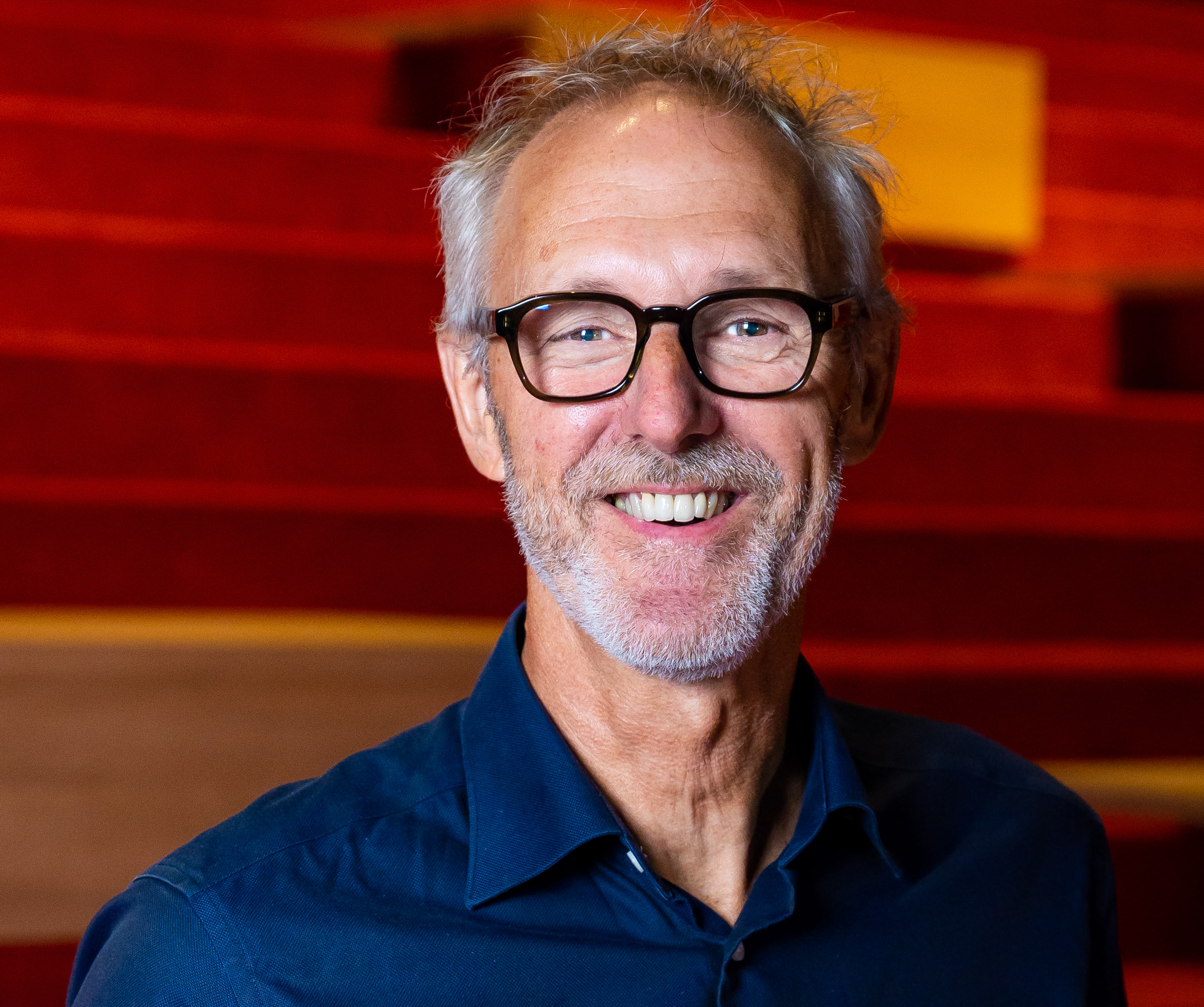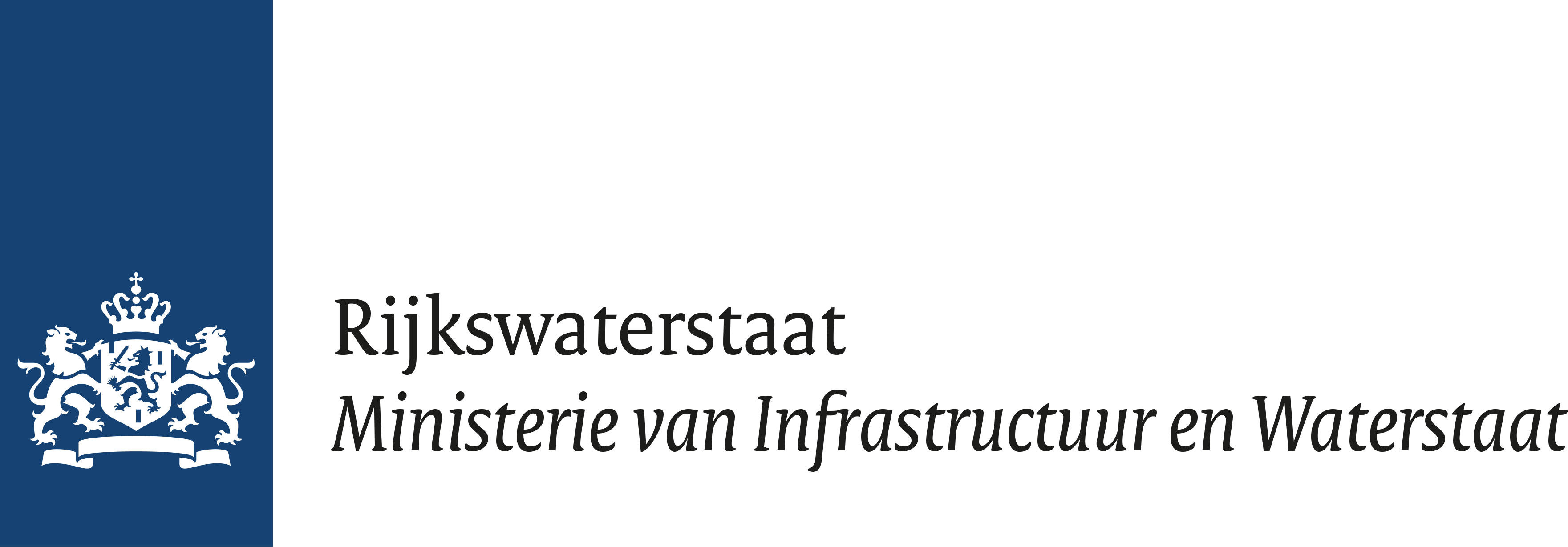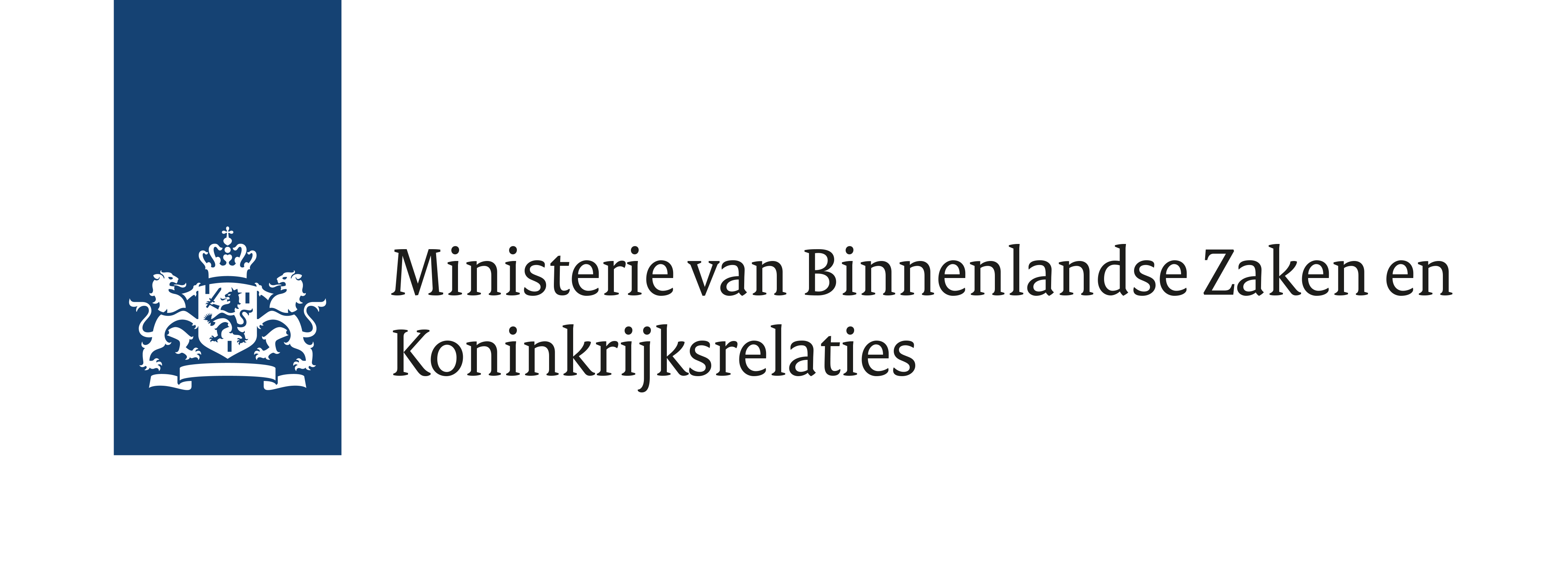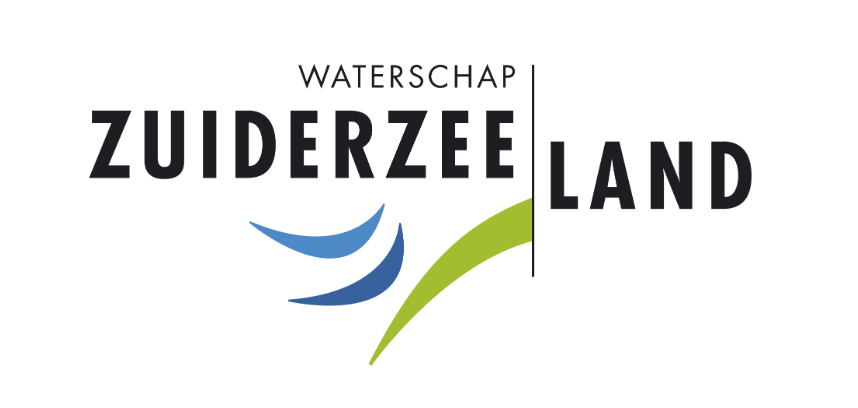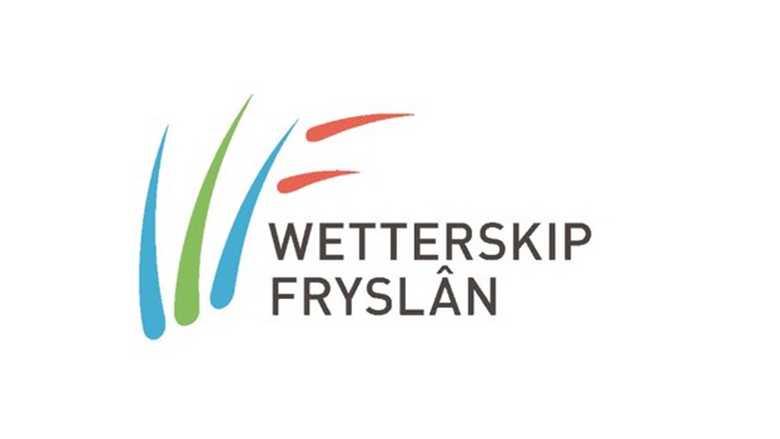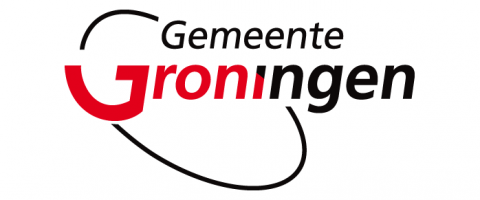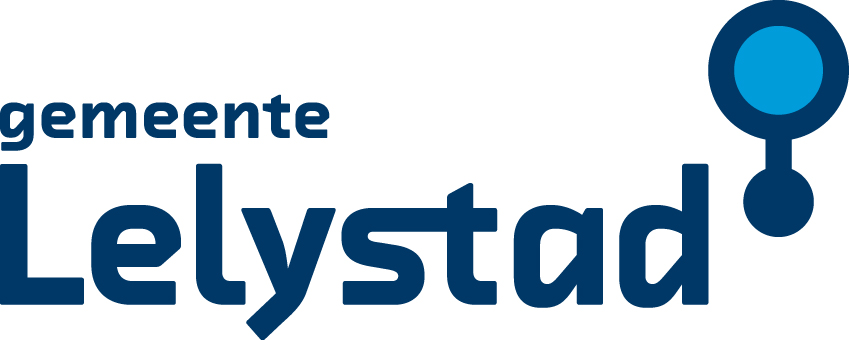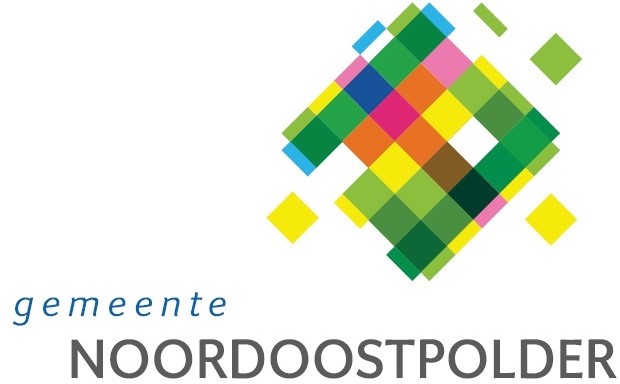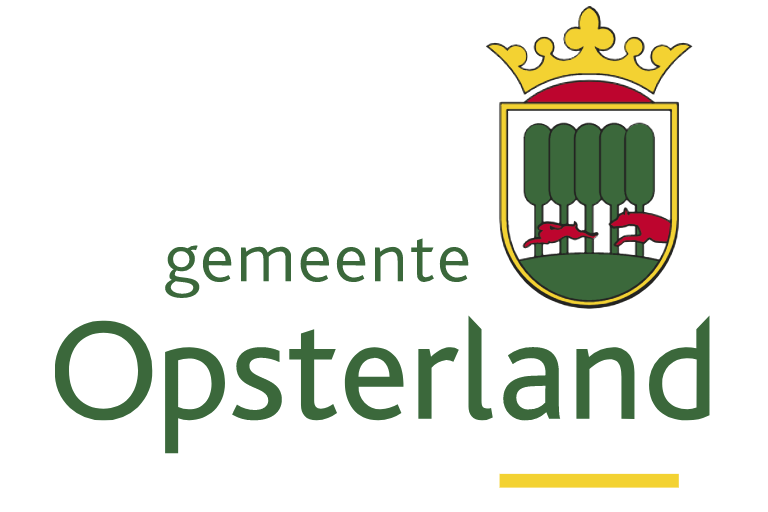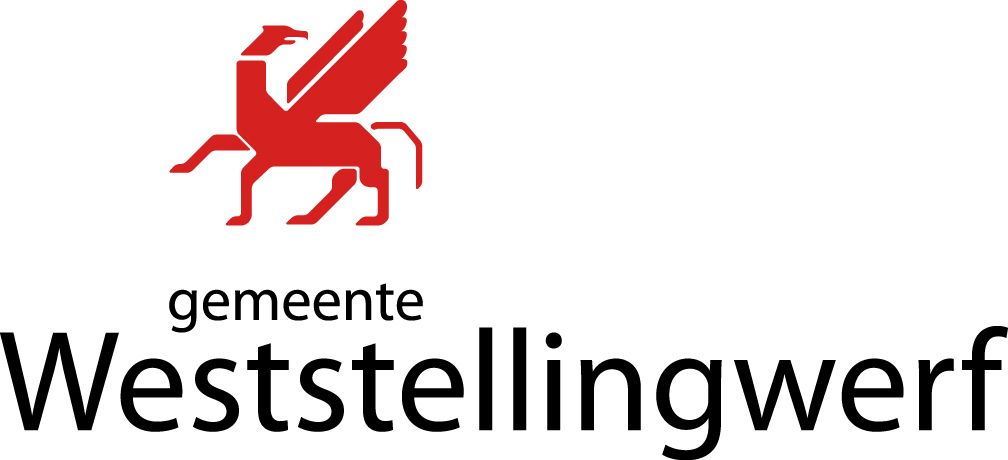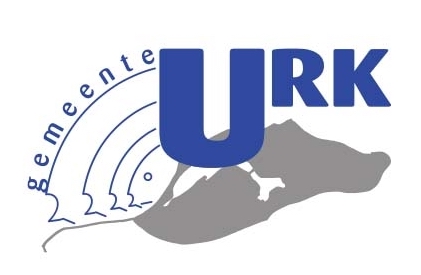19 September 2024
Marco Smit, director of Horizon, on the Lelylijn
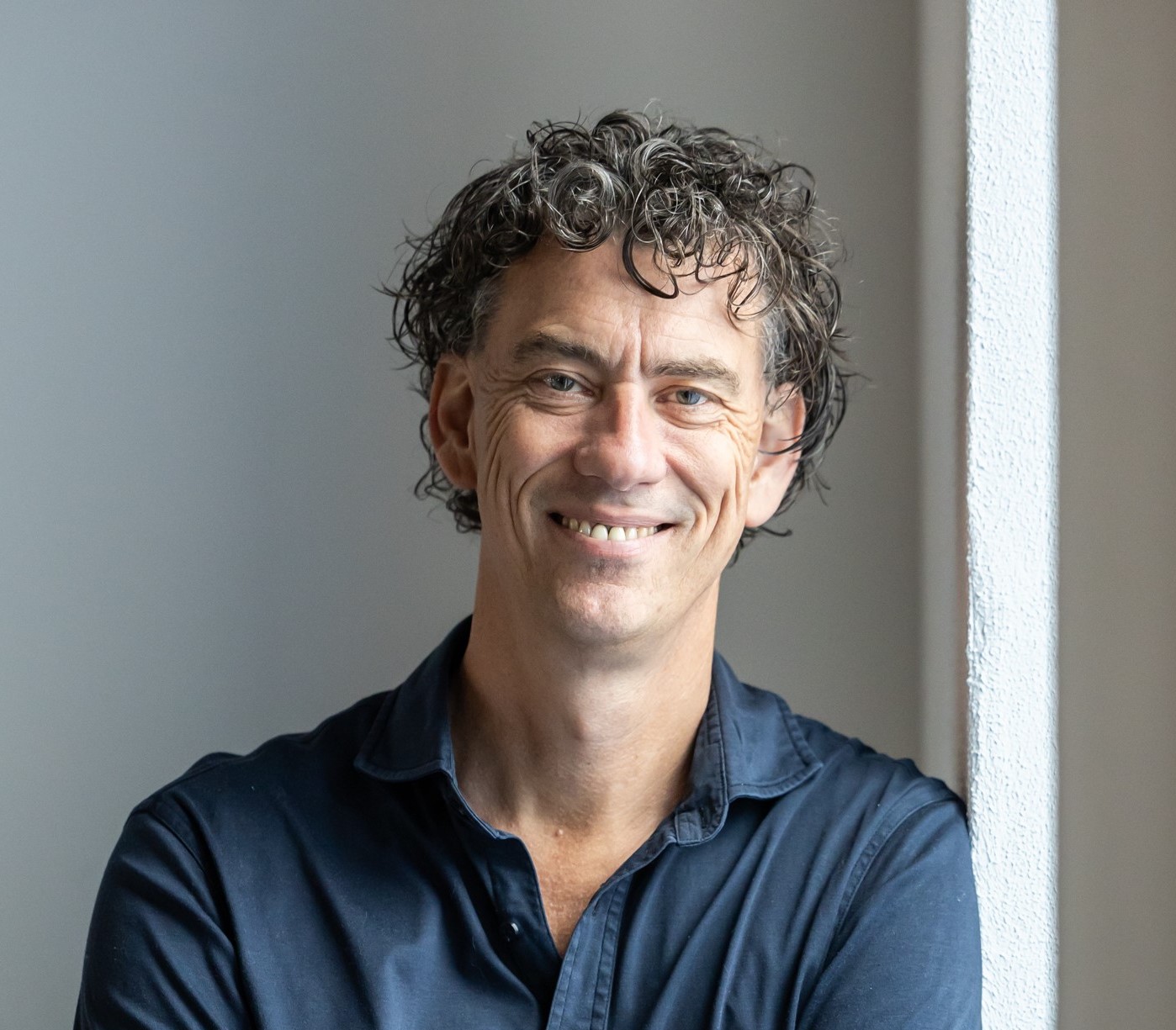
Marco Smit grew up in Friesland and studied in Groningen. After holding various positions in The Hague, Boston and later Dubai, he returned to the northern Netherlands with his family. Here he became director and administrator of the Economic Board Groningen, an economic investment program for entrepreneurs in the earthquake area. He himself indicates that his heart is truly in the north. Meanwhile, he has been director of Horizon, Flevoland’s regional development company, for more than five years. In addition, Smit is involved in project the Lelylijn as a member of the advisory board. In this role, he is committed to making the voice of Flevoland entrepreneurs and the regional economy heard.
What do you think Lelylijn can do? What opportunities and possibilities do you see for Flevoland and for the region?
“Flevoland is the youngest province in the Netherlands and the economy is growing fast here. Flevoland has a lot of knowledge and experience in food technology and food processing. Emmeloord is even known as the ‘World Potato City,’ because of the knowledge and production in the field of potato technology. In addition, Almere is rapidly developing into a high-tech cluster, partly due to the presence of ASM, one of the world’s largest companies in the field of components for chip machines. For the companies in Flevoland, it is very important to attract employees and students. A good rail connection is a crucial link in this regard.”
What challenges do you think Lelylijn brings?
“Entrepreneurs in Flevoland see opportunities above all. Flevoland is a young province with a real pioneer mentality. If they could, entrepreneurs would build that railroad themselves!
One of the biggest challenges for Flevoland is that the rail line has to go over or under Ketelmeer. I see this precisely as a great opportunity at Ketelmeer. Of course it is a big investment and a complex task, especially since there has to be room for boats to pass under the bridge.
Another question I often hear: can we afford the Lelylijn? But when they built the metros of London and Paris, they didn’t wonder if it was financially feasible either. They knew that such a connection was essential for the development of the city. I think we should have that same vision for the Lelylijn. Such a railroad is there for the next 100 years and will make a huge contribution to the economic growth of Flevoland and the rest of the Netherlands. With this kind of investment, the costs always precede the benefits, but the returns will ultimately be much greater than we can now imagine. It starts with wanting, not being able.”
How are you involved in the project Lelylijn?
“I am part of the project’s advisory board. The task of this council is to advise on the opportunities and risks so that the best possible decision can ultimately be made. The advisory council consists of a diverse group of people, in which different interests come together. And that’s good, because in polderland Netherlands we take everyone into account. I am convinced that in this way we arrive at a decision that is supported by almost everyone.
I want the voice of Flevoland business owners and the regional economy to be heard. It is important that business owners have a say in the Lelylijn, because they will ultimately fund much of the project through their taxes.”
If you could give the project organization Lelylijn one tip, what would it be?
“Above all, we must continue to emphasize the opportunities and not get too caught up in the threats. Because otherwise you’ll never get there. Every major infrastructure project in the Netherlands is just incredibly complex. I would find it very cool if we could just get this done. De Lelylijn. Not because we can, but because we have to.”





